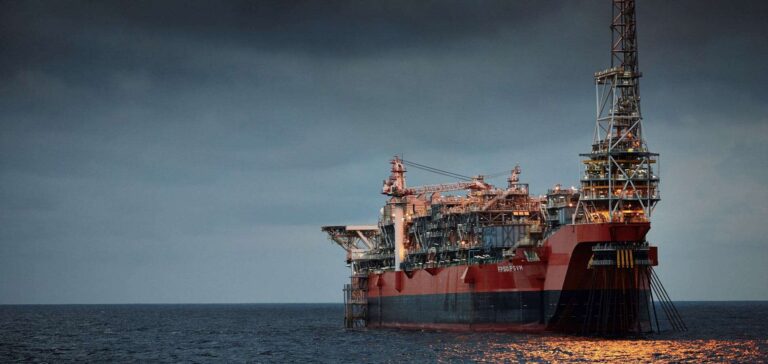Angola, Africa’s second-largest oil producer, is in the process of concluding a licensing round for eight offshore blocks. eight offshore blocks.
Angola relaunches oil production
The country plans to launch two further cycles in 2023 and 2025 to reverse recent production declines.
This is the “Agencia Nacional de Petroleo” and “Gas e Biocombustiveis” who announced this news.
The current granting cycle in the lower Congo and Kwanza basins is entering its second phase.
The government is planning individual meetings with interested companies, to be followed by letters of invitation.
Lowest September 2021 production in 17 years
Angola has experienced a decline in oil production over the past five years.
Several technical and operational problems in certain fields are at the root of this decline.
Production in September 2021 reached a 17-year low of 1.07 million b/d.
As a result, the country, like Nigeria, is behind the production targets set byOPEC, of which it is a member.
Production is expected to rebound over the next two years until 2023.
It could reach 1.2 million b/d in 2031 if new opportunities are taken into account, according to the presentation. Lew production from nine onshore blocks is expected within three years, with average production of 6,500 b/d.






















